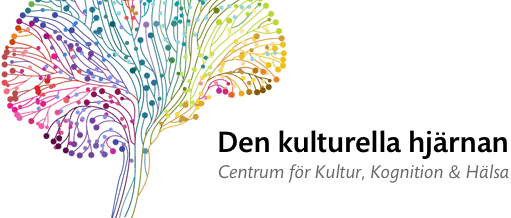Background
A revolution is going on in the cross scientific field of research where culture, brain, health and education meet each other.
How do different forms of culture (and other environmental stimuli) affect the brain? What are the consequences for health, learning and wellbeing? Only a few years ago, only anecdotal pieces of information existed. In recent years it has, however, become possible to make evidence-based statements such as:
- music training enhances working memory and thus various forms of learning
- dance slows the progression of Parkinsons disease
- listening to music and literature enhances recovery after stroke.
At the same time, scientists can localize the effects, and describe them in molecular detail. Not only do we know that it is happening; we are also starting to understand how and why.
There is, however, a wide gap between the knowledge held by international researchers in forefront of the field and the knowledge held by professionals, decision makers, and the general public in Sweden. The Cultural Brain-initiative aims to bridge this gap.
Curate and translate the science
The Cultural Brain-initiative aims to keep abreast of leading international research in the field of culture, brain, health and knowledge. It evaluates scientific development and translates important findings and trends into a language easily understood by professionals and decision makers, as well as the general public. The Cultural Brain-initiative thus differs from other popular scientific projects in that it not only translates scientific work where national scientists are involved for a broader audience, but it also follows, curates and evaluates the international trends in a whole scientific field, and selects the relevant topics to translate.
To achieve this, The Cultural Brain-initiative
- Creates a scientific advisory board with internationally distinguished scientists,
- Is forming an editorial board that will make sure that material produced is reviewed by experienced scientists in the field, and
- Recruits curators who combine in-depth knowledge and personal experience in the sciences, with experience and skill in explaining and popularising science.
The results of the activities are published through the website/web portal “Den kulturella hjärnan / The Cultural Brain.
The web site ”The Cultural Brain”
The web site/web portal contains:
Bank of knowledge. A basic course of the area (under construction). Links to interesting popular scientific movies and TED-talks (here). Links to interesting educational material on other sites (here).
Scientific reports. When curators find a reliable article of scientific interest, they immediately make a short (one sentence) popularised summary, label it and put it in a list of articles of special interest in different fields (here).

